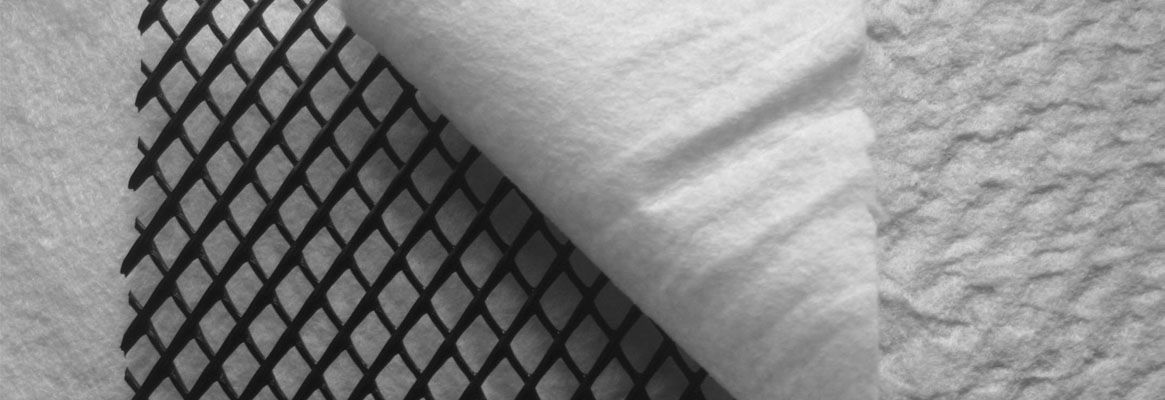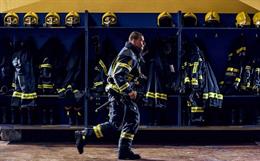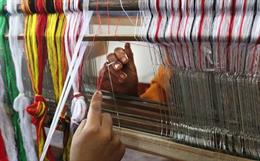Source: INDA, Association of the Nonwoven Fabrics Industry
Key words
Aerogels, nonwovens, thermal insulation
Introduction
An important growth area for nonwovens is in the thermal personalprotection sector. Low temperature protective articles should provide goodthermal insulation and ideally allow the transport of water vapour through thefabric. Applications include linings in outdoor pursuit garments, lowtemperature workwear and Personal Protective Equipment (PPE) as well assleeping bags. There is a considerable body of research concerned with fabricinsulation and the mechanisms of heat transfer in clothing systems. It is knownthat the thermal insulation depends on fabric thickness and density. Nonwovens canentrap large volumes of still air, which has a low conductivity of 0.025 W/mKand the fabric structure can be engineered to minimise heat transfer byconvection currents thereby increasing thermal insulation. Since the volume of entrappedair influences the thermal insulation, the traditional approach to achievinggood insulation is to construct thick, low density fabrics. Consequently,thermal protective fabrics in use tend to be thick and bulky, which maycompromise other aspects of garments functionality as well as wearer comfort.
About the Authors:
The authors are associated with Nonwovens Research Group, Centrefor Technical Textiles, University of Leeds, UK.
About the Source:
Reproducedcourtesy of INDA [1], Association of the NonwovenFabrics Industry
To read more articles on
To promote your company, product and services via promotional article, followthis link:
http://www.fibre2fashion.com/services/article-writing-service/content-promotion-services.asp
[1]Copyright held by INDA, Association of theNonwoven Fabrics Industry, P.O. Box 1288, Cary, North Carolina 27512-1288, USA.Tel: (919) 233-1210 Fax: (919) 233-1282 Internet: www.inda.org







